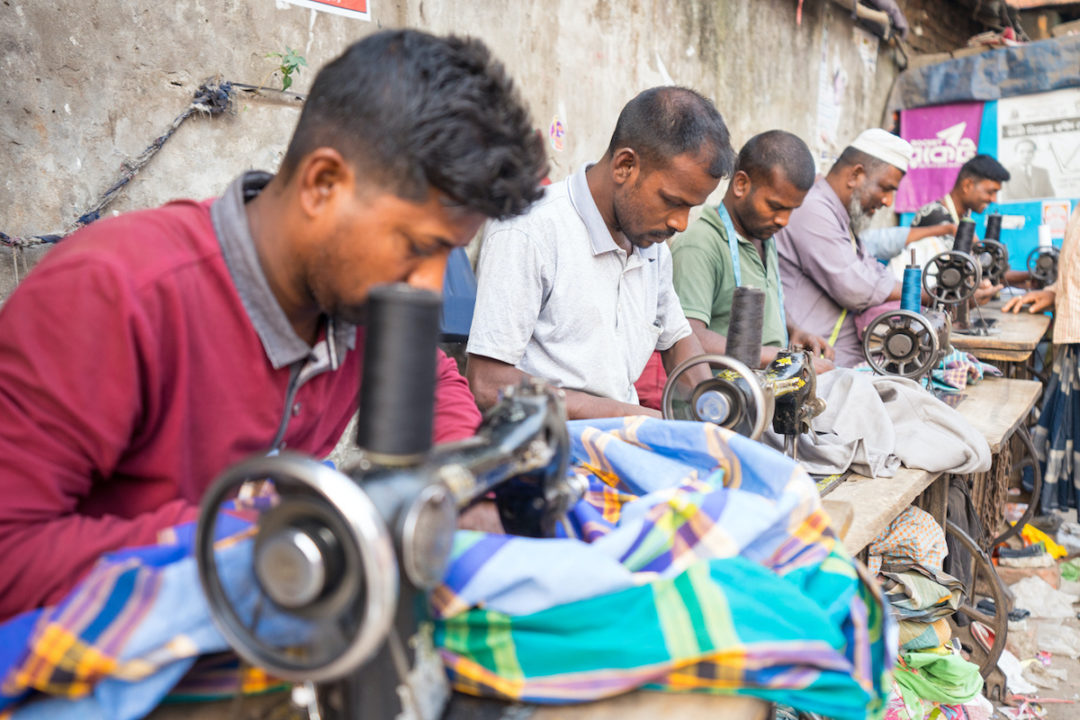
Visit Our Sponsors |
|
|
|
|
|
|
|
|
|
|
|
|
|
|
|
|
|
|
|
|
|
|
|
|
|
|
|
|
|
|
|
|
|
|
|
|
|
|

Thousands of garment workers in Bangladesh have refused to work, in a bid to increase the country’s minimum wage. The demonstrations have forced almost 300 factories to cease operations, according to The Wall Street Journal in a report November 6.
Some Bangladeshi garment workers are paid just $3 a day, or about $75 a month, and protestors are demanding the minimum wage be nearly tripled.
The protests have already received support from major fashion brands, including H&M, Gap and Zara’s parent company Inditex, all of whom source materials and clothing from the country.
But there is disagreement over who will cover the cost of increasing wages.
Bangladeshi factory owners said that Western companies will need to pay more for clothes in order to accommodate wage hikes. However, the same Western companies calling for increased pay have threatened to move their orders to other countries if the factory owners demand more money for goods, explained Faruque Hassan, president of the Bangladesh Garment Manufacturers and Exporters Association, a national trade body representing almost 4,500 factories.
Bangladesh’s minimum wage board is currently negotiating a pay increase for garment workers with labor and industry representatives. Workers are demanding the monthly minimum wage be increased to $205. Factory owners countered with a $95 minimum monthly wage, but that plan was deemed unworkable by the government.
“Because of the intense market competition, factory owners in Bangladesh must also strike a balance between raising the minimum wage and maintaining competitiveness,” said Sheng Lu, an associate professor of fashion and apparel studies at the University of Delaware.
RELATED CONTENT
RELATED VIDEOS
Timely, incisive articles delivered directly to your inbox.

